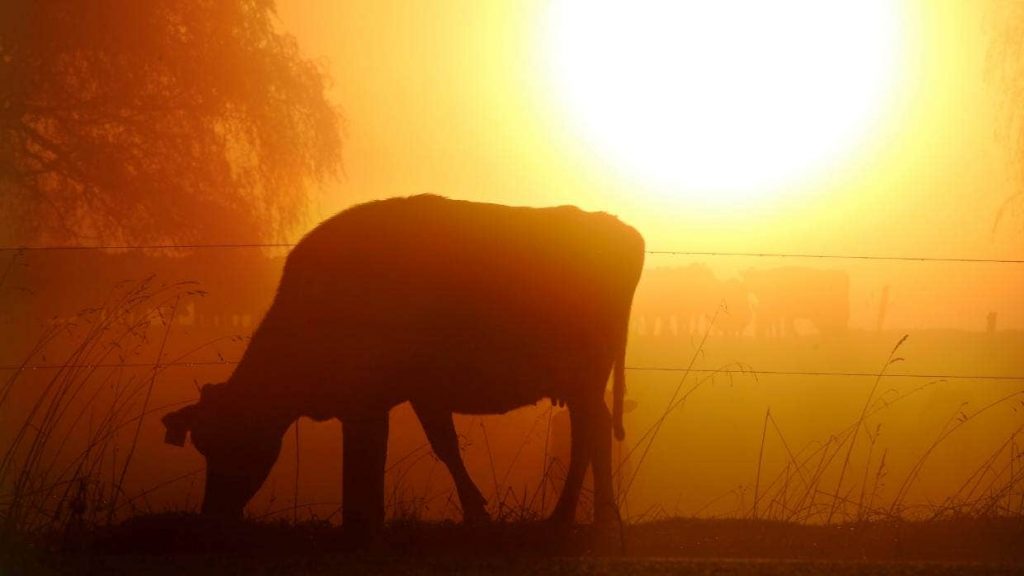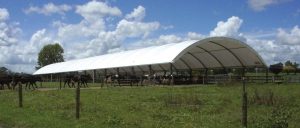
State-owned farmer Landcorp (Pāmu) expects profit before interest, tax, depreciation and revaluations (EBITDAR) of between $59 million and $64m in the year to June, ahead of its previous forecast in February of $45m to $50m.
The company has been investing in producing higher value specialty milks including organic and A2 as well as sheep and deer. The lift in its profit forecast largely reflects growth in the dairy business as a result of a lift in milk production and value.
Chief executive Steve Carden said Pāmu’s milk production increased 2.5 per cent over the year, even as its cow numbers fell 0.5 per cent due to organic conversions.
Pāmu is the country’s largest organic dairy supplier. It has converted one of its central plateau farms to organic with another three in the conversion process. Eventually it plans to expand to eight fully organic farms.
Organic milk commands a premium over conventional milk. In the past year, Pāmu was paid between $7.30 and $7.90 per kilogram of milk solids for conventional milk compared with $8.90 to $9.10 per kgMS for organic milk.
Converting to an organic farm means a lower stocking rate, more focus on the production of each cow, lower input costs and premium milk prices, which makes for a more productive, profitable farm, Carden said.
“We have seen some success with that on our organic properties,” he said.
Farmers were re-setting their systems to find the optimum production level that would enable them to lower their environmental footprint but still generate enough production to get the financial return they needed on their farms, he said.
“We are trying really hard to find ways in which we can produce high-value milks which typically have a lower environmental footprint and do attract that premium from the market,” Carden said. “That’s the sweet spot that we want to be playing in.”
Pāmu was looking at the best land use for its farms across the country, and was building up its forestry business and investing in avocado orchards in Northland.
”This is about finding the best use for our land and not feeling like we need to be restricted to putting animals on every hectare but looking at what sort of alternative products we can produce off our land and trying to align our land use with where real growth in the markets is likely to occur and of course horticulture is very much one of those segments,” Carden said.
“Our meat and dairy business will continue to be big parts of what we do, but we need to align our land use with where the consumer markets are heading.”
Pāmu had benefited from higher commodity prices over the past year for most products except venison.
The value of its carbon portfolio has increased, while favourable weather conditions over autumn and heading into winter had helped production.
Wage costs were lower as the company had difficulty filling some vacancies which was an ongoing problem for the sector, Carden said.
The profit forecast compares with EBITDAR of $65m last year, which included a $6m gain from the sale of Westland Milk shares.




















